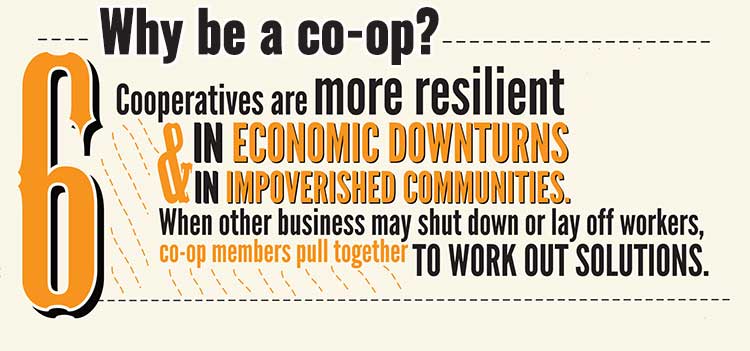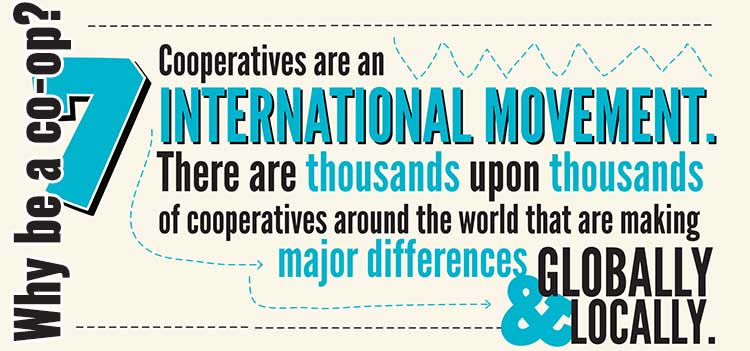What is a Social Enterprise?
Social Enterprises are local businesses run by local people to provide services for local communities. Social Enterprises operate in almost every industry in the UK; from health and social care to renewable energy; from retail to recycling; from employment to sport; from housing to education.
As with all businesses they compete to deliver goods and services but, whatever they do, they do it differently from typical businesses because Social Enterprises are driven by social, ethical or environmental purposes and this is at the very heart of what they do.
The profits they make are reinvested towards achieving those purposes rather than being driven by the need to maximise profit for shareholders and owners. This doesn’t mean that people in Social Enterprises can’t earn good salaries. For most Social Enterprises part of the reinvestment strategy is to ensure good payment structures so that many people who work in Social Enterprises earn more than they ever did in other employment.
Characteristics of a Social Enterprise
- Social purpose
- Engaging in trade
- No private profit distribution
- Assets held for community benefit
- Democratic
- Accountable
The Social Enterprise sector is diverse and includes Co-operatives, Community Enterprises, Development Trusts, Community Interest Companies, Credit Unions, Social Firms, Housing Associations and Football Supporters’ Trusts.
Want to know more? Click here to read "Social Enterprise Explained".



